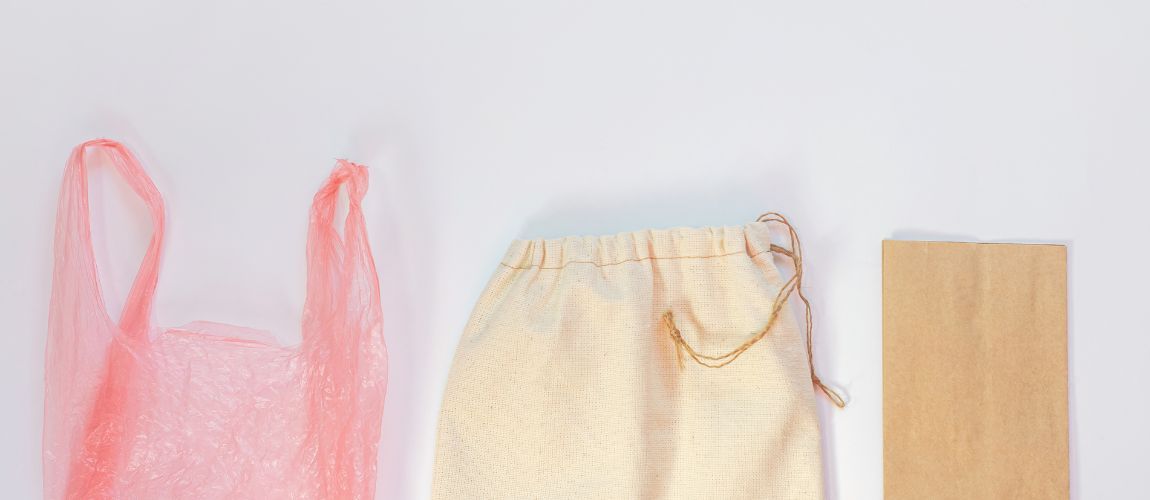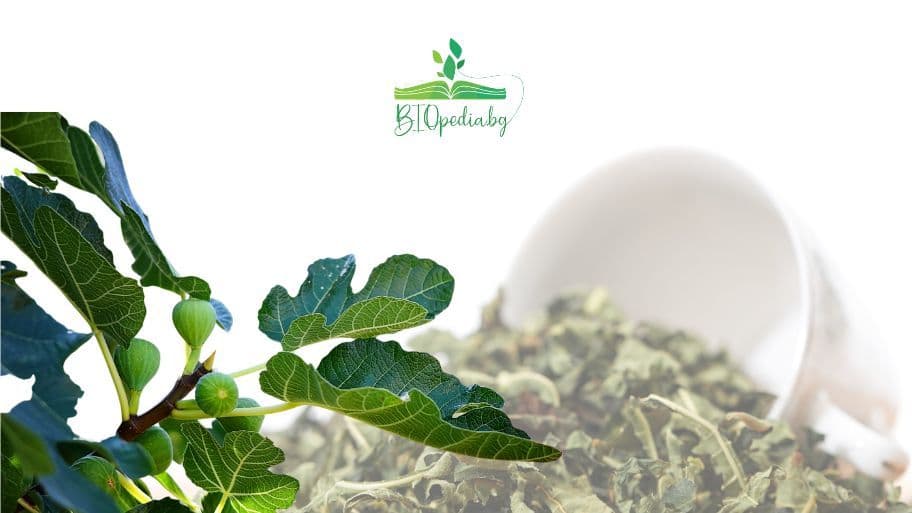The rise of "sustainable" plastics has the potential to reduce the global carbon footprint associated with conventional plastics. However, this innovative class of plastics still has a significant environmental footprint. Learn more about this topic in this Biopedia article.
Plastic, microplastics and the hazardous substances they contain are gradually choking the oceans, polluting the soil and seeping into the food chain - creating one of the world's most pressing environmental problems alongside global warming.
To combat plastic pollution, the European Union has issued a Single-Use Plastic (SUP) Directive targeting packaging and cutlery. More broadly, it also pushes for plastics to have a more circular and sustainable life cycle. For example, by 2030, all packaging in the EU should be reusable or recyclable in an economically viable way.
The challenges for bioplastics

According to a study by Goethe University Frankfurt and the PlastX research group, although this new approach to plastic production reduces the overall carbon footprint, it does not change the fact that most bioplastics are still just as toxic as traditional plastics.
Like traditional plastics, some bioplastics can be recycled to reduce pollution. However, the process of recycling bioplastics often requires specialized facilities and requires that they not be mixed with other plastic materials. If plastics are not sorted properly, recycling batches can become contaminated, potentially leading to their disposal in landfills.

Can bioplastics be used as a marketing gimmick?
Not all bioplastics are biodegradable, and even those that are biodegradable are not necessarily as environmentally friendly as they appear. Most biodegradable bioplastics require very specific temperature and humidity conditions that are only suitable for industrial processing plants, not home composting.
The term "bioplastics" can also be interpreted very broadly as plastic manufacturers try to appear more environmentally friendly. For example, some bioplastics are actually still made from fossil fuels and are only called bioplastics because they are biodegradable. In addition, some of the so-called biodegradable plastics only break down into toxic microplastics and not into environmentally friendly substances.
Similarly, some plastics are called 'sustainable' not because they are bioplastics, but simply because they prevent landfill waste.

UBQ Materials | Sustainable plastics
Israeli company UBQ Materials produces durable sustainable plastics from unsorted municipal waste that cannot be recycled, such as food waste, non-recyclable plastics and dirty cardboard. By keeping this waste out of landfills, it reduces methane emissions and contributes to the leaching of toxic substances from the soil.
When it comes to actual bioplastics produced from more environmentally friendly sources than municipal waste, there are still significant challenges.
First-generation bioplastics crops compete for available agricultural land and can put pressure on global food supplies, much like first-generation biofuels also produced from crops. For this reason, the European Union is committed to start phasing out first-generation biofuels in 2030, and for the same reasons may turn its attention to first-generation bioplastics.
New second-generation bioplastics do not compete with edible crops. Instead, they are produced from non-food renewable energy sources such as woody biomass, non-food vegetable oils and sugarcane.

ABMT | High Performance Bioplastics
Canadian company Advanced Bio-Material Technologies (AdvancedBMT) uses agricultural waste to create high-performance bioplastics. It uses the leftover stalks of flax and hemp crops, of which more than 1 million tonnes a year are currently burned in North America, instead of being put to better use.
If AdvancedBMT were to expand and start using other crop residues, such as corn or wheat straw, the quantities available would grow to over 20 million tons per year.
Going forward, third-generation bioplastics will be produced using soilless agriculture and non-food crops such as bacteria, microalgae, yeast and wastewater.
The most sustainable bioplastics initiatives focus not only on raw materials but also on the entire product life cycle. This is sometimes referred to as the 'circular economy of plastics', although this is another term that can be misused.

Shellworks | Bioplastics from recycled shells
The UK company Shellworks produces bioplastics from recycled seafood shells. After collecting seafood waste from restaurants, the company's manufacturing plant extracts chitin from crushed seafood shells, a fibrous substance that builds the exoskeleton of crustaceans and the cell walls of sponges.
The chitin is crushed into a fine white powder, which is mixed with household vinegar to produce a liquid bioplastic that is used to manufacture a range of products. Once dry, the material can be turned back into the original bioplastic solution, making it infinitely recyclable.
Alternatively, it can be poured onto the soil in its liquid form as a natural, non-polluting fertiliser. The degradation of a Shellworks plastic product takes about one year on average, unlike petroleum-based plastics which can take up to 500 years to degrade.
"Sustainable" plastics are an opportunity for people to help nature and prevent further pollution of our planet.
The problem comes when big companies try to hide their unacceptable practices with fancy labels or buzzwords that mean nothing in the context.
It's all very well having an interest in using more environmentally friendly plastics, but you have to be careful what you buy because unfortunately most manufacturers are not completely honest.




Comments